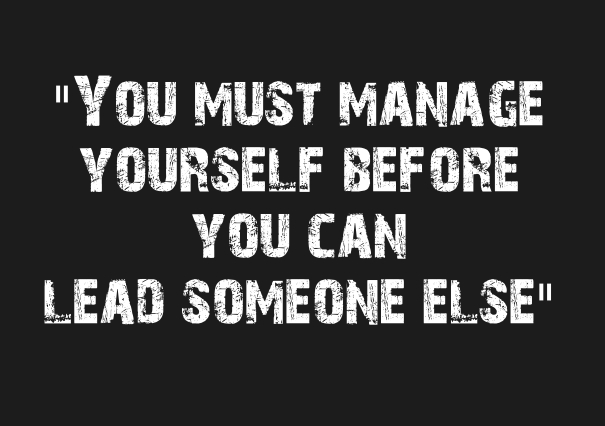Emotional intelligence refers to the ability to perceive, control and evaluate emotions. What I find so amazing is that some people are born with it and some people learn it along the way. Although some researchers say you either have it or you don’t.
The following excerpt by Jessica Cambridge and Tom Norman discusses the importance of emotional intelligence:
Chapter 1: An Overview on Emotional Intelligence
Emotional Intelligence (also known as EQ) is the person’s ability to manage, use, identify and understand emotions in optimistic ways to overcome struggles, have compassion with others, resolve conflict, relieve stress and communicate effectively. EQ creates an impact in various aspects of our lives, such as the way we behave and interact with other people.
If you have a high EQ, you can recognize your own emotional state as well as others. Your EQ serves as your level of understanding the emotional aspect of relating with people in order to establish genuine relationships, achieve greater success at work and live a more fulfilling life.
Why EQ Is Very Important?
As we all know, it’s not only the smartest people that are the most fulfilled and successful in life. Perhaps you know someone who is 100% academically-inclined but he or she doesn’t know how to value personal relationships. Having intellectual intelligence (or IQ) is not enough to become successful in life. An above average IQ can get you to college – true! But in the end it’s your EQ that will help you handle the emotions, anxiety and stress of college life especially during examinations.
Emotional intelligence affects:
Your relationship with others – By controlling and understanding your emotions, you’ll be able to express how you understand and feel the emotions coming from your family, friends and work colleagues. Also, this allows you to communicate with them more effectively and develop a meaningful work and personal life.
- Your mentality – Unmanaged stress creates impact in your mentality, making you susceptible to depression and anxiety. If you cannot manage or understand your emotions, there is a good chance that you will suffer from mood swings which can ruin work or personal relationships and leave you feeling isolated.
- Your physical being – If you are unable to overcome stress, this can lead to severe health problems. Unmanaged stress speeds up the aging process, contributes to infertility, raises blood pressure, suppresses the body’s immune system and increases the risk of stroke and heart attack. In line with this, the crucial step to improving your EQ is by learning how to manage stress levels in your body.
- Your work performance – Having an EQ helps you shove the social complexities of your workplace, lead and encourage workmates and most importantly, excel in your performance. Today, most companies view emotional intelligence as important as their employees’ technical ability hence they require EQ tests when hiring.
Personally, I think that emotional intelligence can be developed and that we can train out minds to think in a rational way. That means, taking time to think things through before acting.





